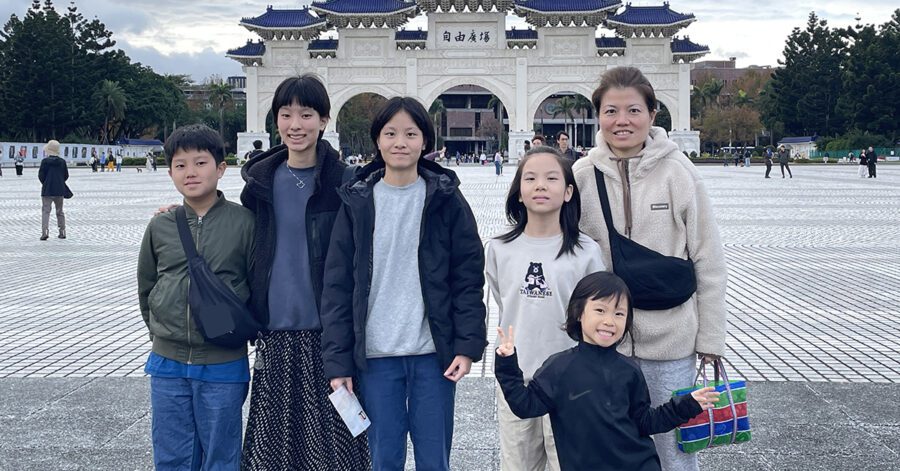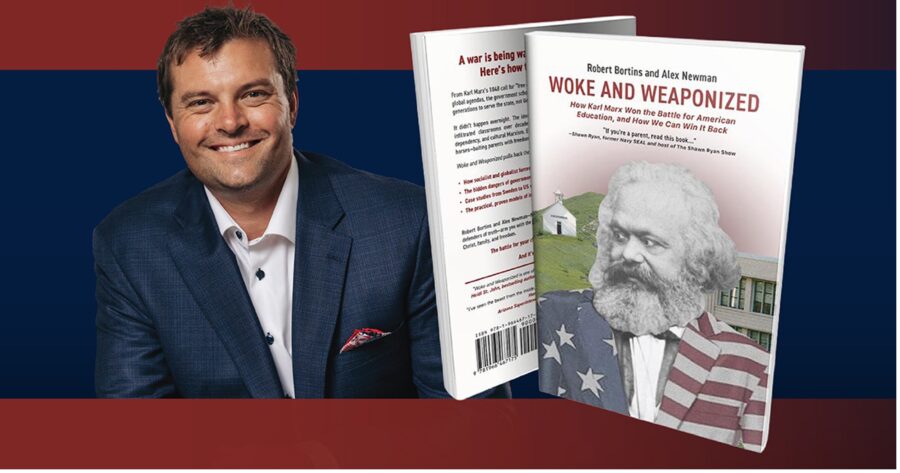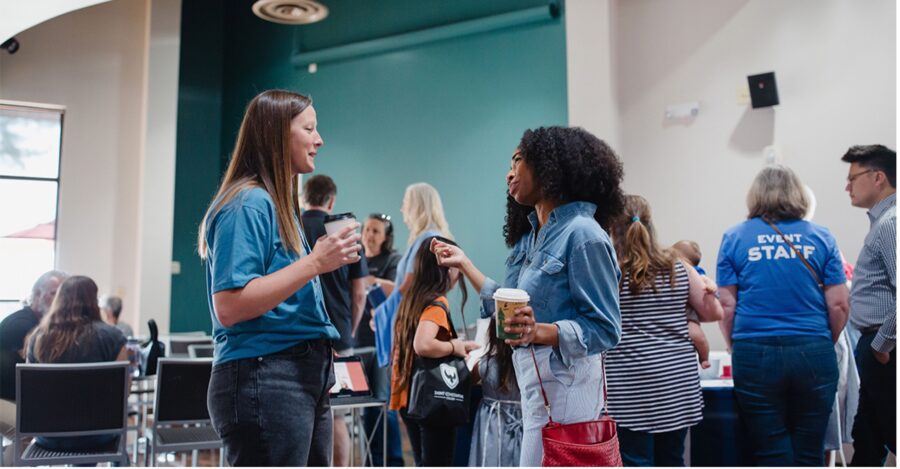Classical Conversations is all about redeeming and reclaiming our own education while giving our children a great one. But how do you reclaim or redeem an education that already pursued excellence?
I was born in the United Kingdom far more years ago than I care to note here, and my Mum sent my sister and me to school for two years before she decided to home-educate. This was a time when there were no computers, no internet, and no Classical Conversations in the UK. The day my Mum decided to home-educate, she opened the telephone directory and turned to ‘E’ to see if there was anything about education. ‘Cooperative’ was the name of a local corner store, and finding local home educators to meet up with was akin to a task from ‘Mission Impossible.’
Now, if I meet a new home educator, immediately they find a way to identify themselves by the method they use to educate their children. Back then, there seemed to be two clear identifying factors: you either home-educated, or you didn’t!
Discovering Homeschooling for Myself
Growing up, my Mum’s motto was always, ‘It’s not important what you learn; it’s important that you learn how to learn.’ It amuses me that years later, I now have a CC T-shirt emblazoned with “How to learn absolutely anything.”
As a child, if I chose to abandon the pursuit of a new skill before I had mastered it, it was made clear to me that the failure to master was a result of my own laziness rather than my own inability. As a teenager, during what Dorothy Sayers would call ‘the Pert stage,’ I objected strongly to this logical conclusion!
However, my own laziness came as a challenge to me when, some years into our marriage, my husband and I adopted three children, all under the age of two. Going from zero children to three toddlers felt like more than a full-time job. I had no choice but to master the logistics of three lots of diaper changes, three lots of bedtimes, and three lots of feeding schedules, nap rotations, meals to make, and snacks to provide several times a day. Our eldest child with the most severe special needs was highly encouraged to go into a specialist provision for education, which freed up some of my time. I was then extremely tempted to put the other two into mainstream school.
Six child-free hours a day? Someone else does the phonics and the math and answers the incessant questions? For no charge? Sounds like bliss!
However, I had this niggling memory of my Mum telling me that I used to ask lots of questions before I went to school. She pulled me out of school because I lost my inquisitive nature and desire to learn after just one year in the system. I didn’t want that for these children.
So as difficult as it was in those early days, I had to pursue the skills of patience and kindness, I had to master phonics and early math, because I wanted my children to retain their inquisitive nature and sense of wonder at the world around them.
I realised that there would be a cost to putting my children in school; a cost that they would have to pay.
Discovering Classical Conversations
For a while, we got along well on our home education journey, and the eldest child was managing with the specialist provision. Unlike my Mum, during the early days of my home education, I had the internet! And with it, access to a whole world of resources, support, encouragement, and advice.
Our first set of twins was a delight. Their hyper-focus had them mastering reading, writing, and early arithmetic by the age of four. However, a few years later, our eldest child was not coping with the specialist provision, so we decided to take him out of the system and do our best to home-educate him as well. A few years after that, my husband and I adopted a second set of twins. They came bursting into our lives in a loud flurry of special needs, delay, regression, and frustration. And then we had three children at home who did not appear to be able to learn.
I felt like we were trying everything, and nothing seemed to stick. A specialist said to me during an assessment, “These children need constant repetition. Picture a layering of information over and over and over again until it is laid down and embedded in their long-term memory.”
Six months later, a friend said to me, “Have you heard of Classical Conversations?”
The rest, you could say, is history!
We visited a local community, where I learned about the pedagogy of classical education. Repetition, repetition, repetition. The community made the memory work fun, not a chore. With the lack of pressure and fun in the presentation of the information, the children who ‘could not learn’ were beaming from ear to ear and repeating memory work several months later.
The eldest child, who could not cope with the environment of a community day for many years, was learning memory work at home and joining in with chants, songs, and reviews. The daily and weekly recitations embedded the memory work into their long-term memory, and I am no longer worrying about what their future holds academically.
The beauty of CC is that we can stay in the programme and tailor it to their abilities when it’s right for them. This year, our eldest child is ready to join the Foundations programme for the first time at thirteen years of age. Our seven-year-olds are in our Abecedarians group, and if they need to wait to go into Essentials until they are older than nine or they need to repeat a year, we have the freedom to do that.
We can fit our family into the programme, and our family all benefit from it.
Discovering What I Love about Doing Classical Conversations with My Children
My hyper-focused children with lightning memories can be in the same group as my learning-delayed children, all singing the same song and chanting the same memory work. It brings us all together at home, as we memorise facts together. And the joy of it is that I am learning with them. I enjoyed learning about Egypt as a child; we went to Museums, took trips, read living books, and created projects.
However, I could not answer the child who asked me what was happening in America when Israel was divided into two kingdoms! Was Abraham a Sumerian? Did he live in the fertile crescent?
Classical Conversations has opened up a whole new world of foundational facts for us all to learn and dive deeper into. I am watching this knowledge embed into the long-term memories of some of my children, and at the same time, the others are beginning to search dialectically and dive deeper into these things.
And what a blessing that I get to go along with them on that journey.
As we play CC memory work in the car, review over dinner, and begin conversations over good books, I am reviving my education and remembering that I am a lifelong learner. You could say that I’m enjoying continuing the conversation that my Mum started the day she asked me, ‘Would you like to be home-educated?’.
Redeeming My Education
I’m thankful that I had an education that pursued excellence. How do I redeem it?
I am thankful that I am reclaiming and reinvesting my own education by using the skills I learned to devote myself to home-educating my children.
I am thankful that my own home education whetted my appetite for learning and gave me the skills to learn how to learn, and now I get to pass that on to my own children.
My desire is for my children to surpass me! I passionately hope that they surpass me in kindness, in patience, in appreciating the little things, in joy, in friendships, and in faithfulness, not just in knowledge and in skills. I want them to see, as I have done, that they can be lifelong learners of Christ and His word.
I hope and pray that they won’t feel they have to reclaim a poor education but rather can continue to reinvest in the heritage of excellent education they have had. My prayer is that our children, along with others in their generation, will be great rhetoricians in the ways that count, filled with the truth, speaking with grace, who have learned the ability to spread clearly the gospel of Christ, who came to reclaim and redeem not just our education, but our souls.




